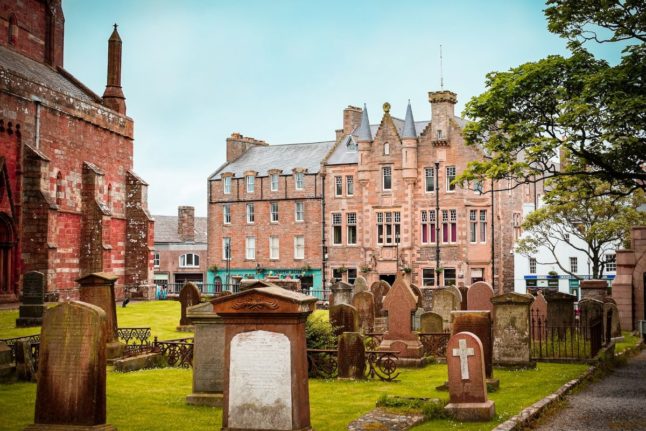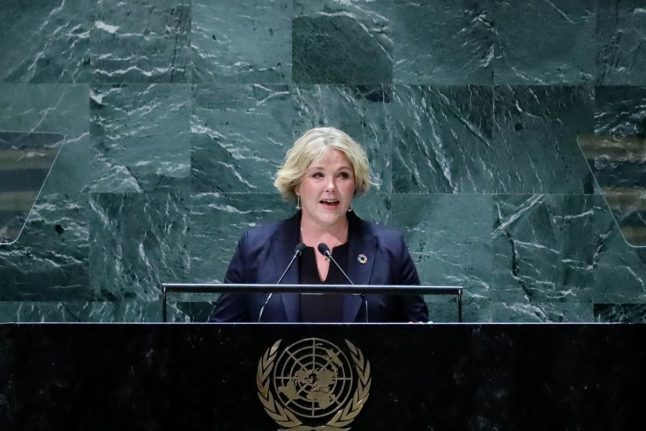The North Sea archipelago was controlled by the king of Norway until 1472 when it was handed over to Scotland with the Shetland Islands as part of the dowry for a dynastic marriage between his daughter and a Scottish king.
Now, according to the motion for a council debate taking place Tuesday on Orkney, it is time to explore “alternative models of governance” to give the islands greater economic opportunity.
“On the street in Orkney, people come up and say to me: ‘When are we going to pay back the dowry? When are we going back to Norway?'” council leader James Stockan told BBC radio.
“There is a huge affinity and a huge deep cultural relationship there,” he said, arguing that Orkney was being “failed dreadfully” by the Scottish and UK governments.
Other options would include becoming a self-governing “Crown dependency” such as Guernsey, Jersey or the Isle of Man, Stockan said.
Crown dependencies are territories that come under the sovereignty of the British Crown but are not part of the United Kingdom.
However, the motion was given short shrift by the UK government in London. “First and foremost, there is no mechanism for the conferral of Crown
dependency or overseas territory status on any part of the UK,” Prime Minister Rishi Sunak’s spokesman told reporters.
“But fundamentally, we are stronger as one United Kingdom, we have no plans to change that,” he added.
READ MORE: Why the Orkney Islands are more Norwegian than you think
Liam McArthur, the islands’ Liberal Democrat representative in the devolved Scottish parliament, also argued against the motion.
In the Orcadian newspaper, he warned the council against “the dangers from putting up barriers between or creating divisions within communities.”
While it appears far-fetched, Orkney separatism poses a potential dilemma for the Scottish National Party — which controls the Edinburgh government and
itself wants to break free of London.



 Please whitelist us to continue reading.
Please whitelist us to continue reading.
Member comments